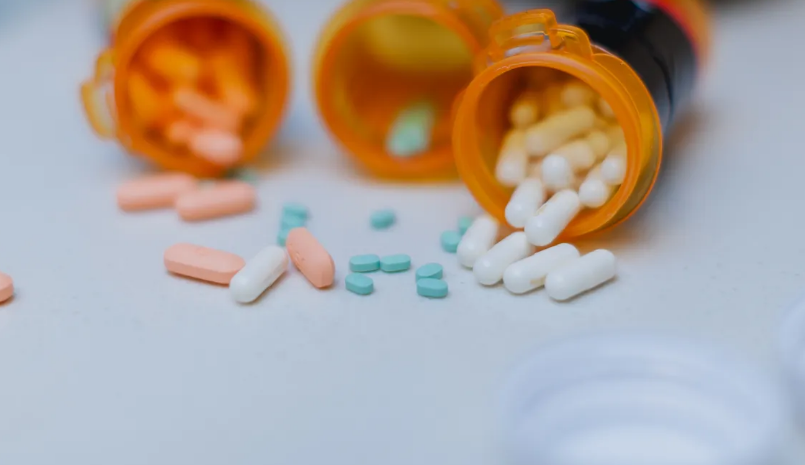AstraZeneca announced on Monday that its experimental weight-loss pill, licensed from China’s Eccogene, is safe and well-tolerated based on early trial results.
The Phase I trial included 72 participants and aimed to evaluate the safety and tolerability of the pill, which is a common focus in initial clinical trials. Participants were either healthy, non-obese volunteers or individuals with type 2 diabetes.
Following the positive data release, AstraZeneca shares briefly increased by 2.9% before settling at a 0.7% gain by 15:30 GMT.
Sharon Barr, the company’s executive vice president of biopharmaceuticals R&D, shared in a media briefing that the trial results gave AstraZeneca the confidence to move forward with Phase II clinical trials. One of these upcoming trials will specifically assess the average weight loss in obese and overweight participants and is expected to finish by the end of 2025.
When AstraZeneca announced the licensing of the experimental once-daily obesity pill from Eccogene a year ago for up to $2 billion, the company indicated that it believed this treatment could have fewer side effects than existing injectable options, like Eli Lilly’s Zepbound and Novo Nordisk’s Wegovy.
AstraZeneca CEO Pascal Soriot noted when the Eccogene deal was announced in November 2023 that the company was “a few years behind” competitors like Novo Nordisk and Eli Lilly, who have already launched successful obesity drugs.
Barr also mentioned results from a different early-stage trial involving 14 patients over 28 days, which indicated that the AZD5004 pill can be taken with or without food, eliminating the need for fasting beforehand.
On the same day, US biotech firm Viking Therapeutics released results from an early-stage trial of its own oral obesity treatment, which analysts stated looked promising compared to some competing products in development. This news led to a 9% increase in Viking’s shares.





